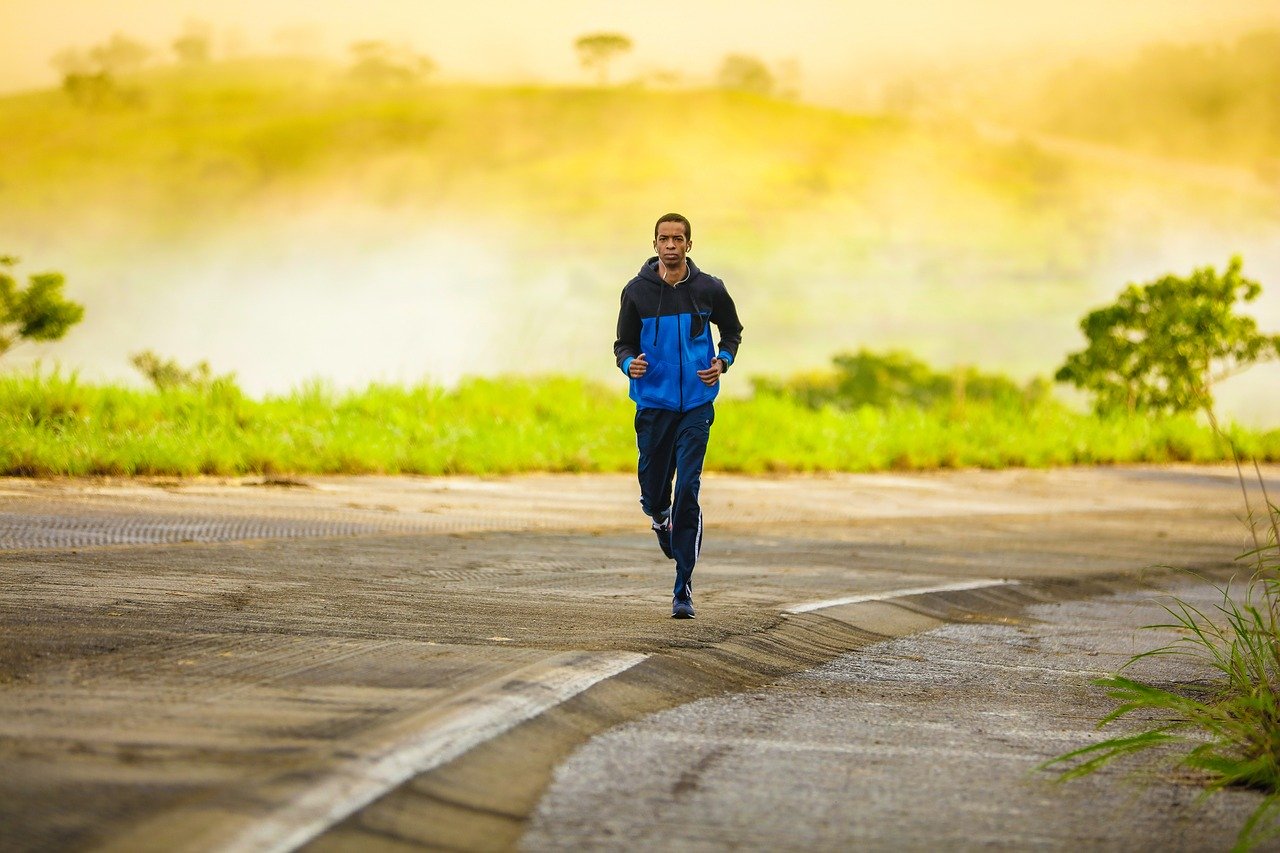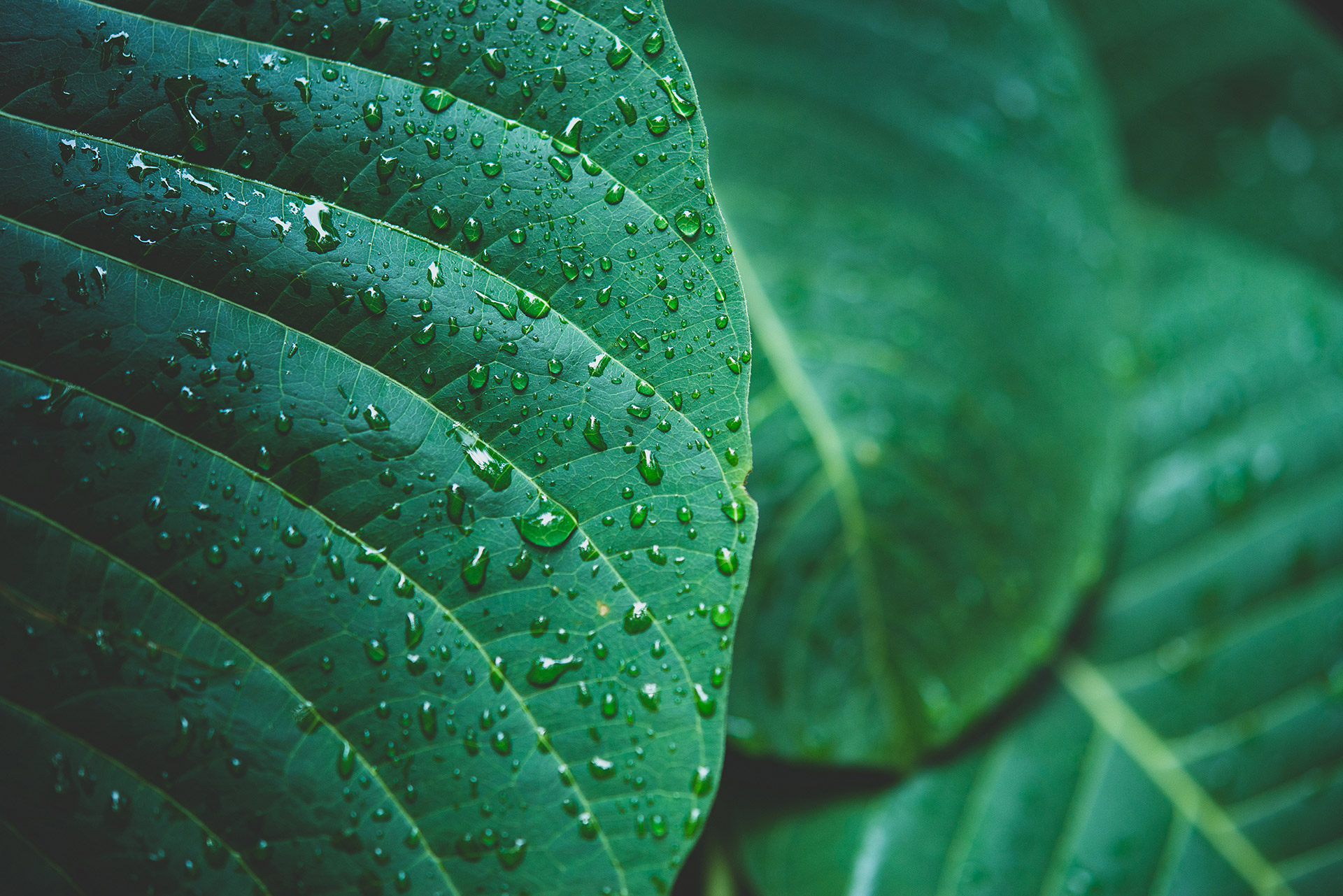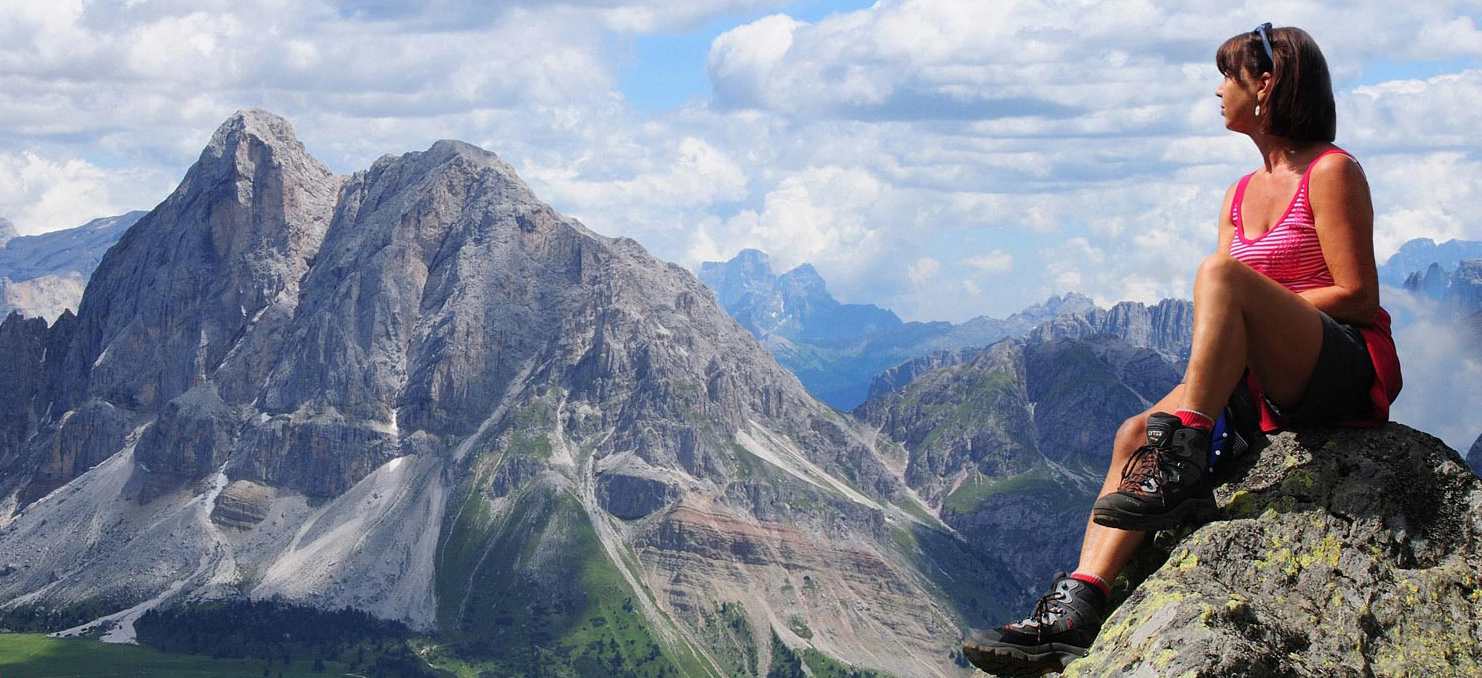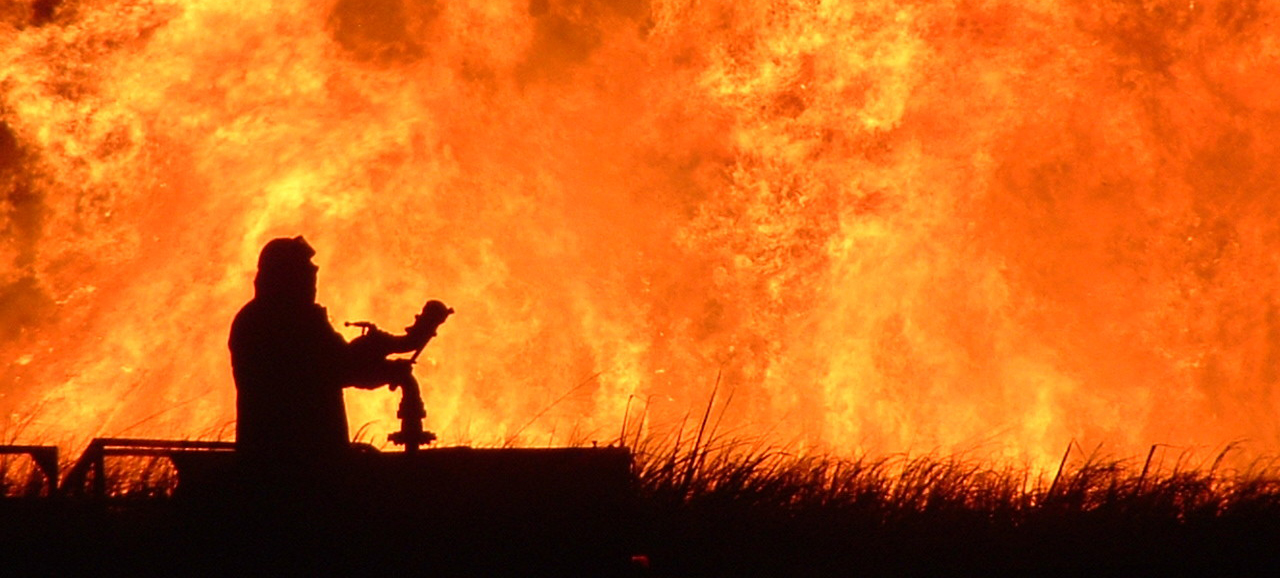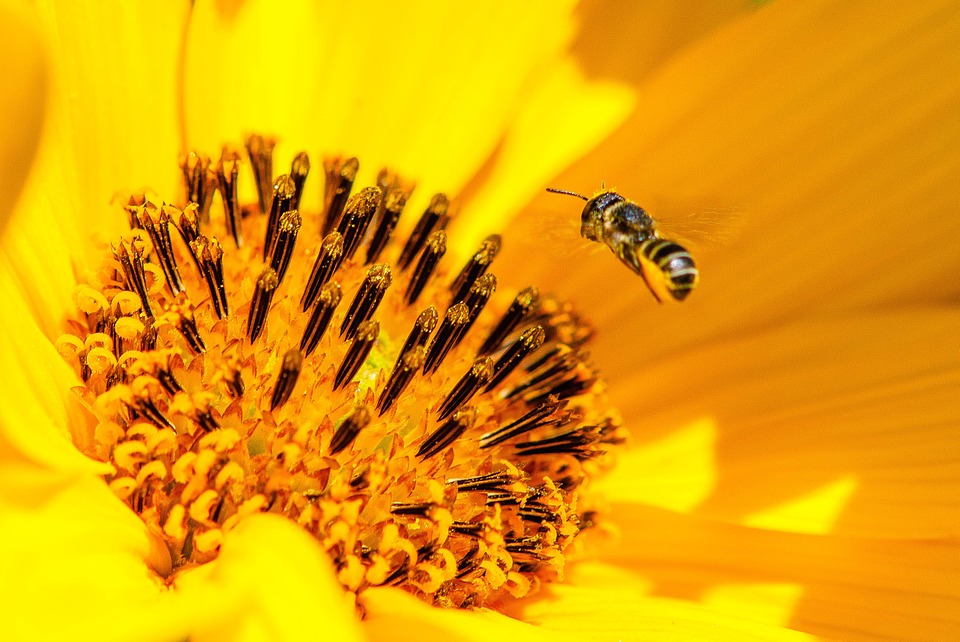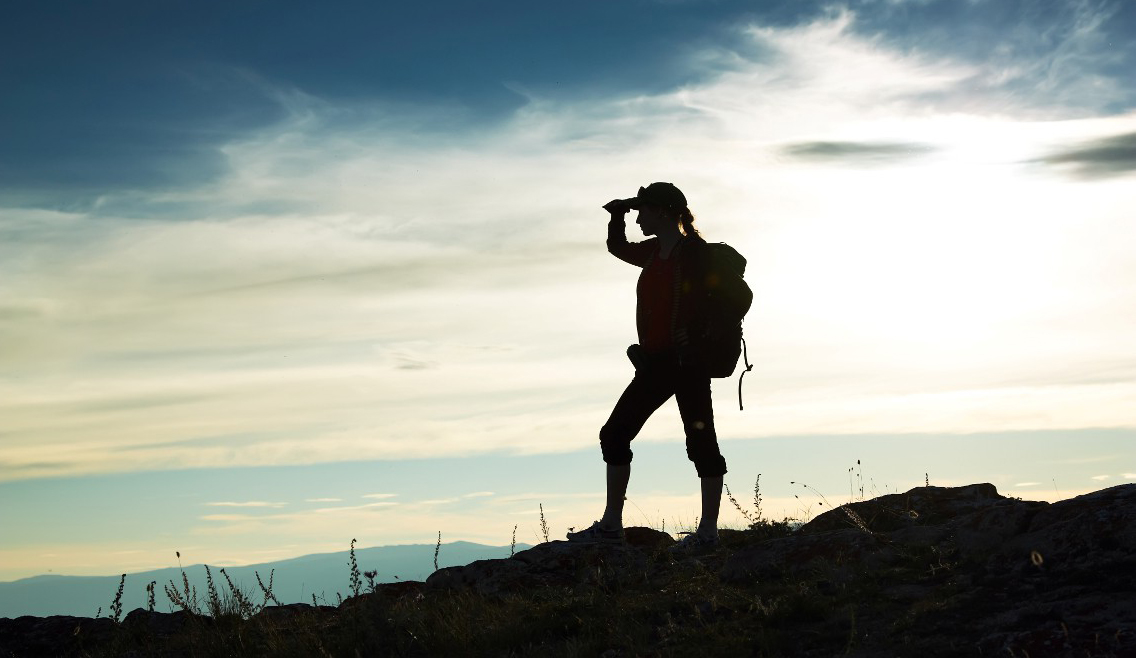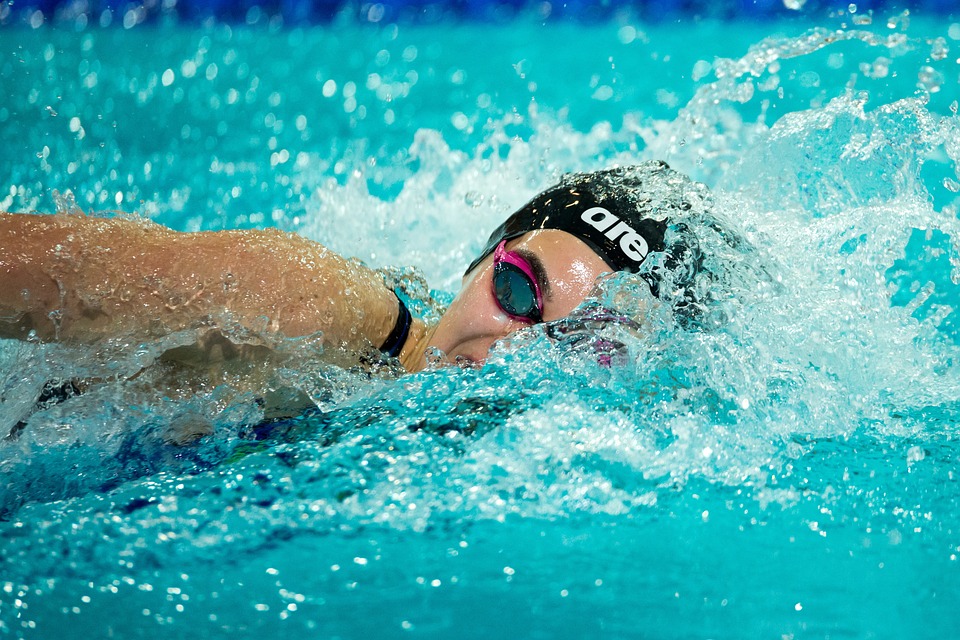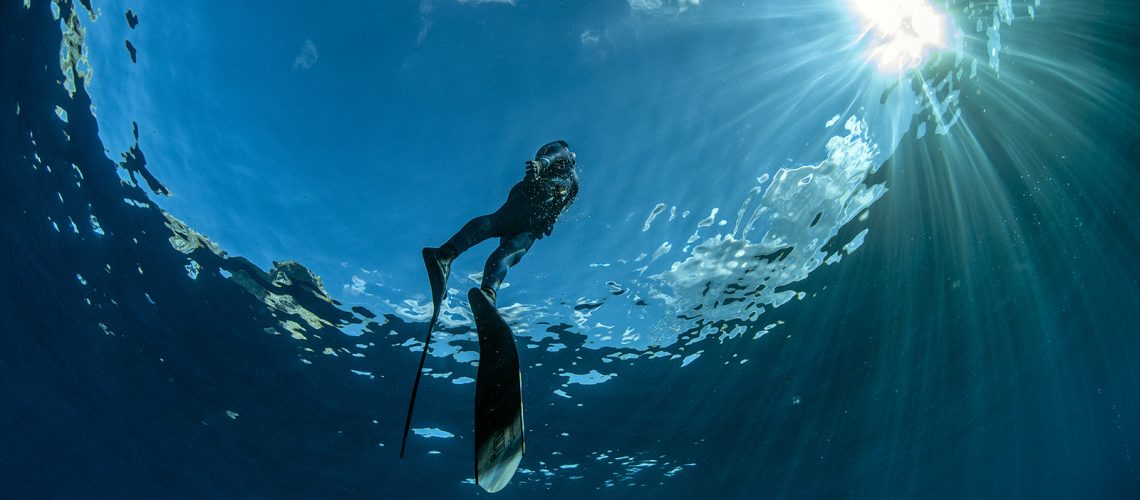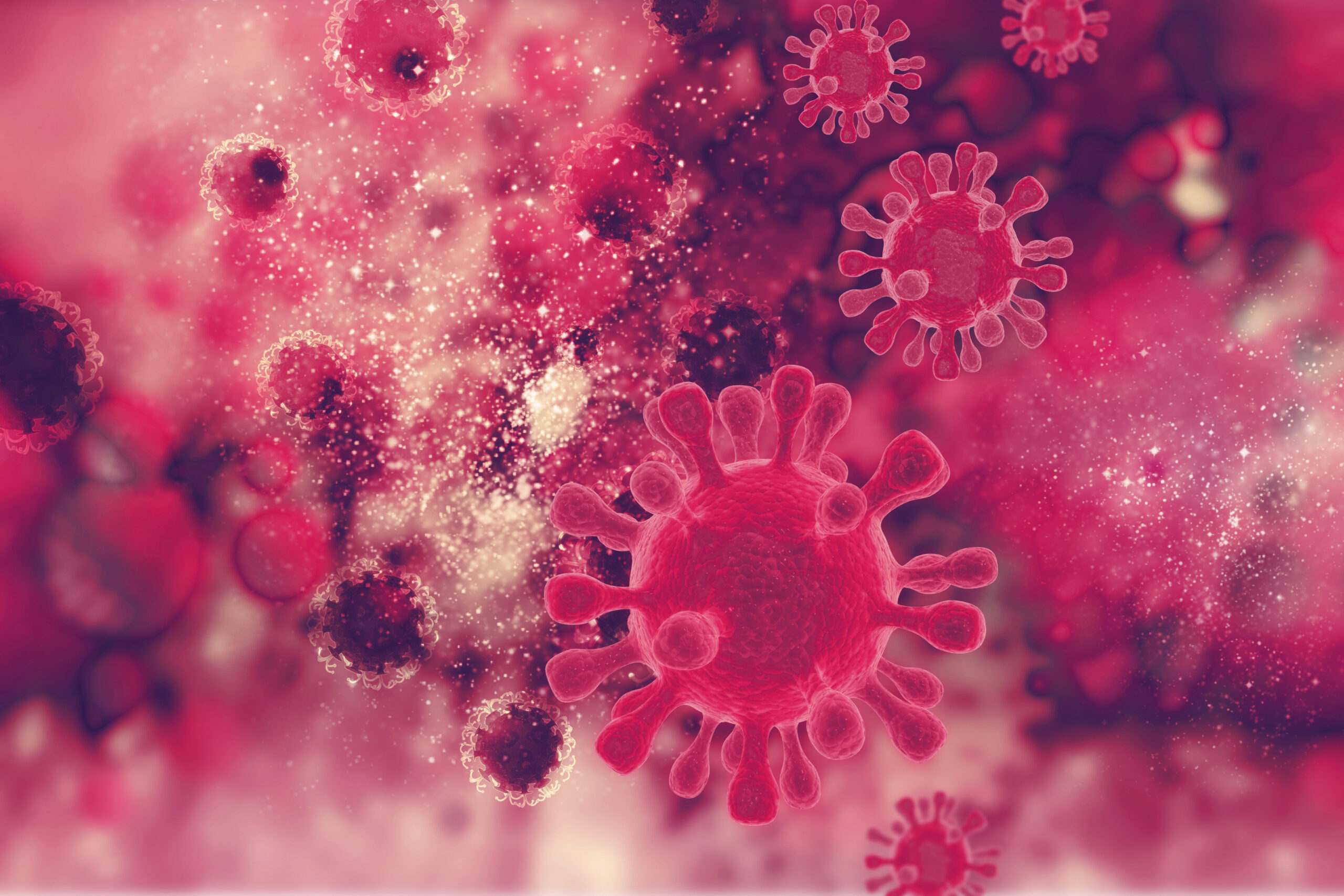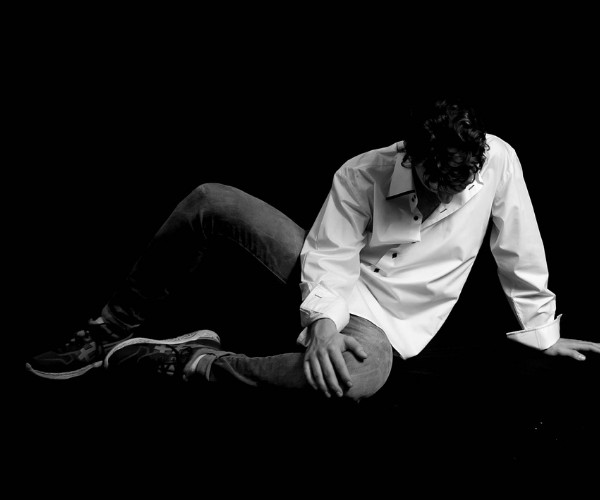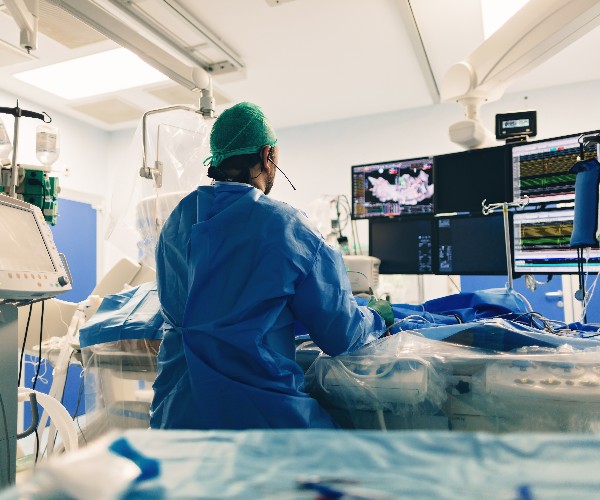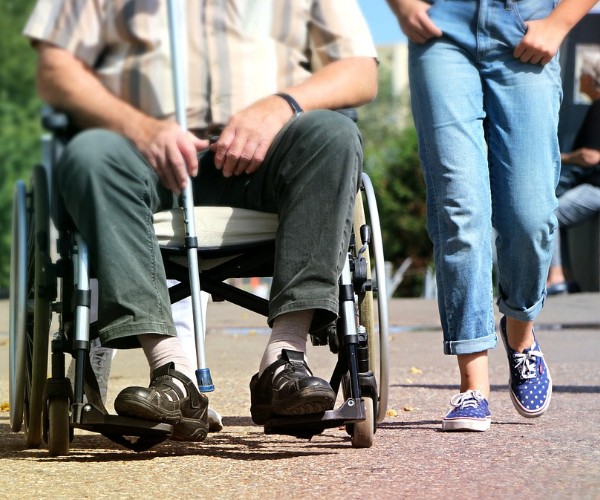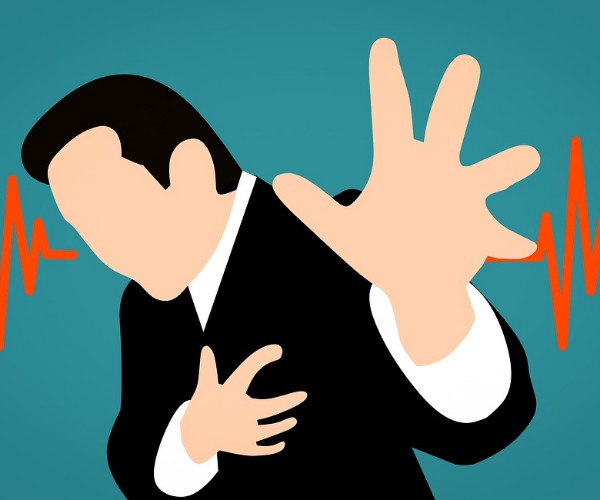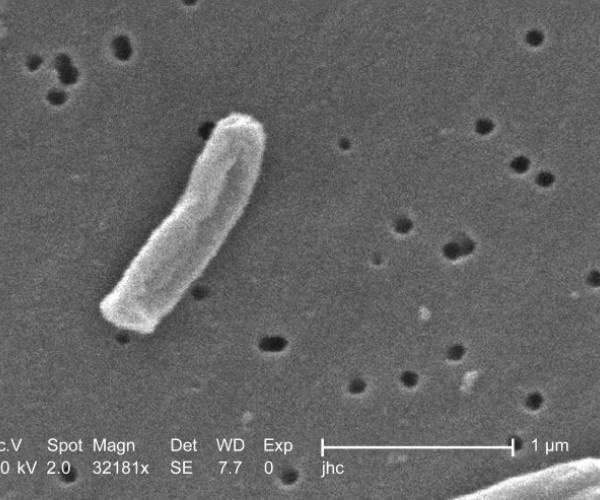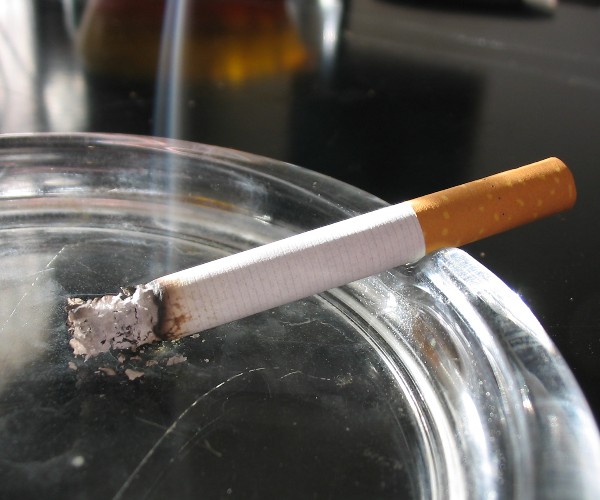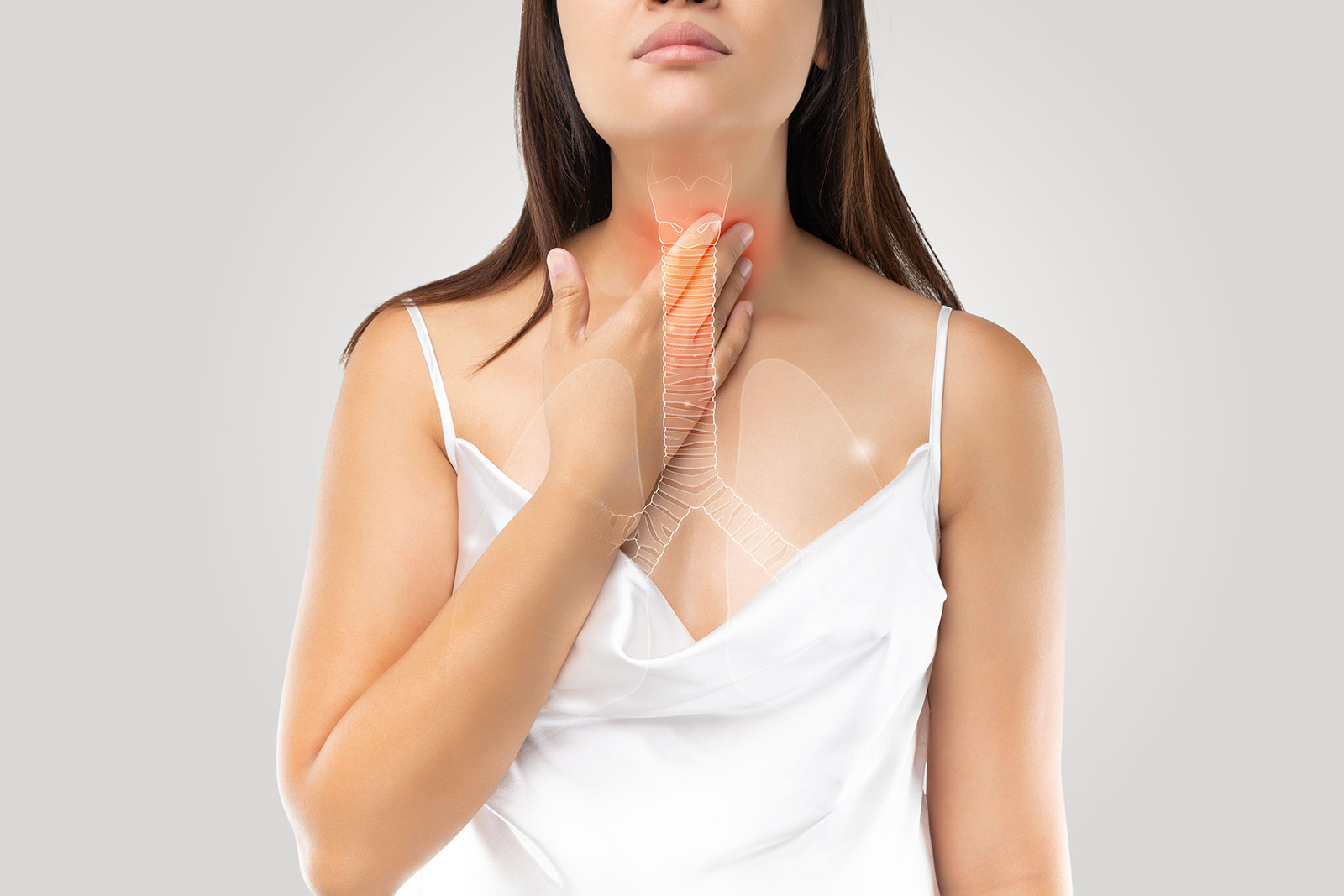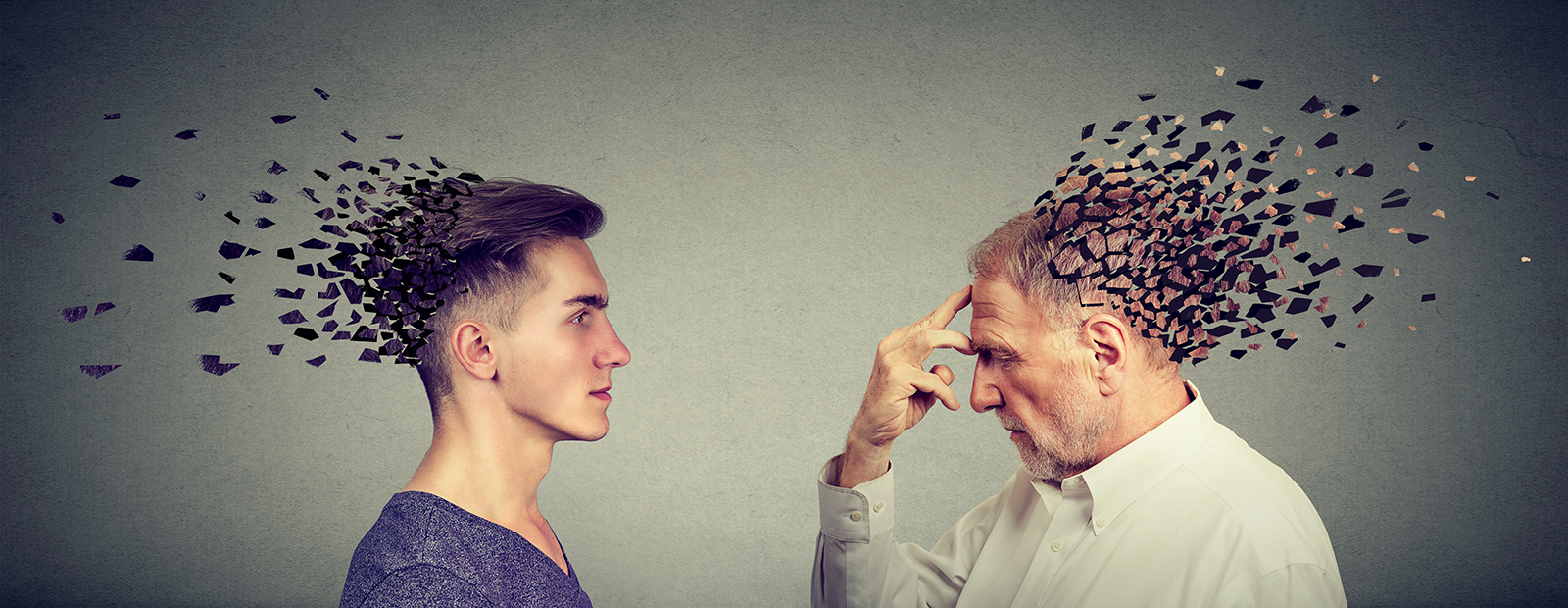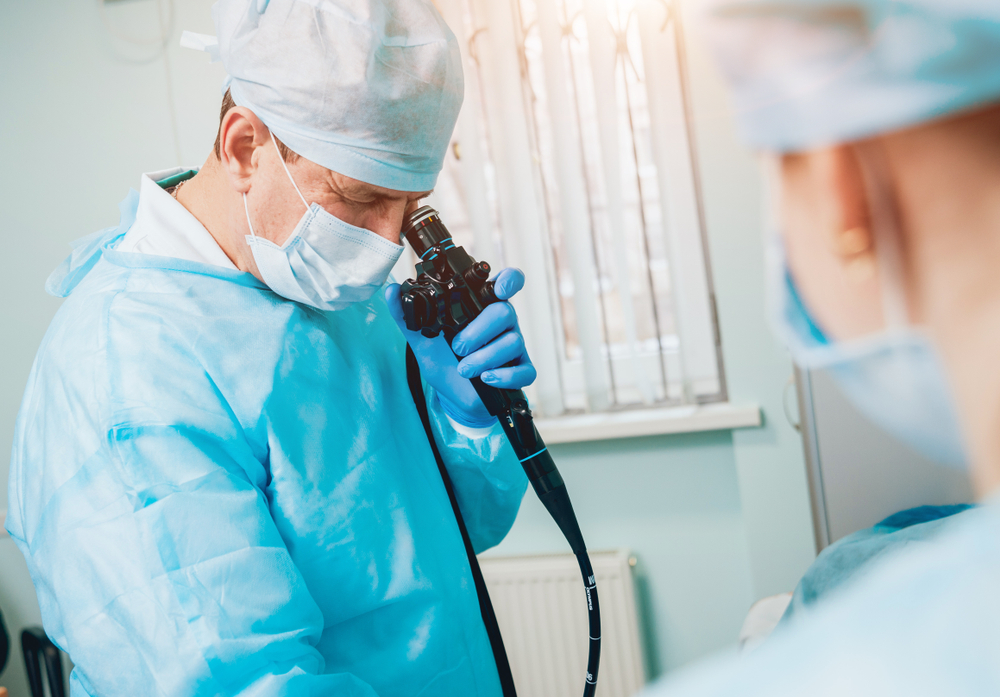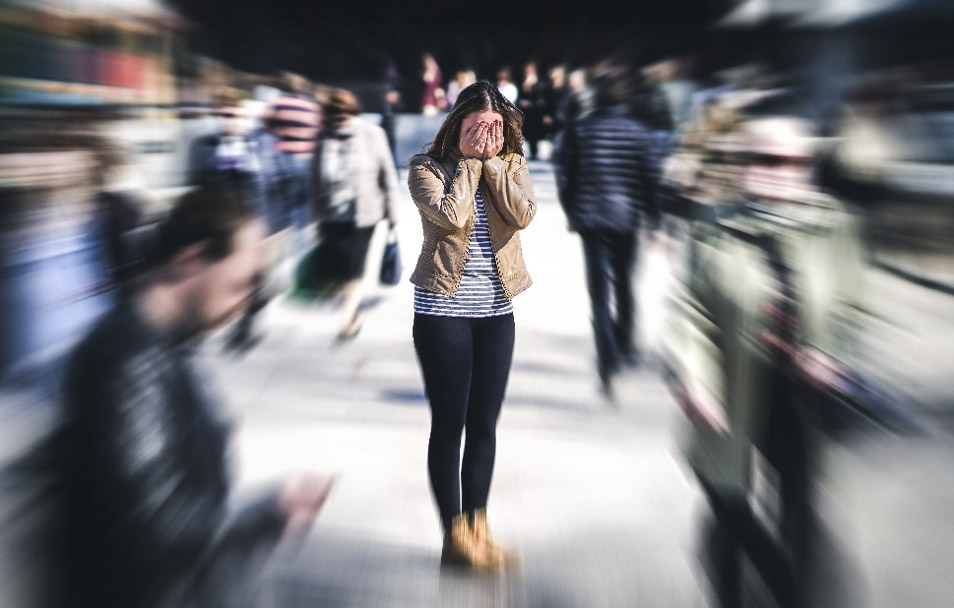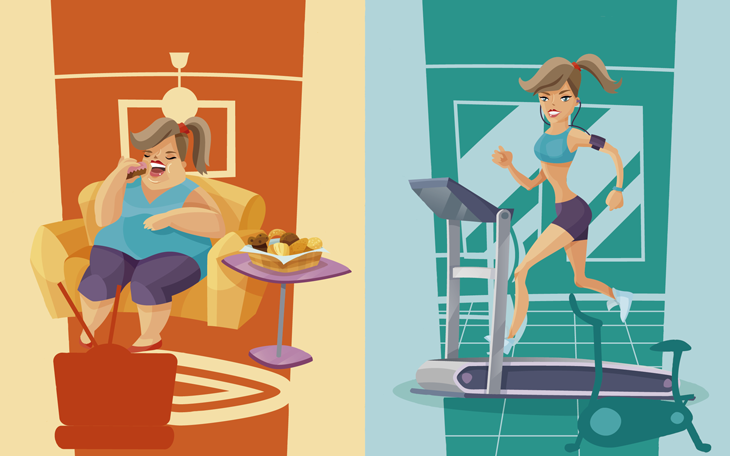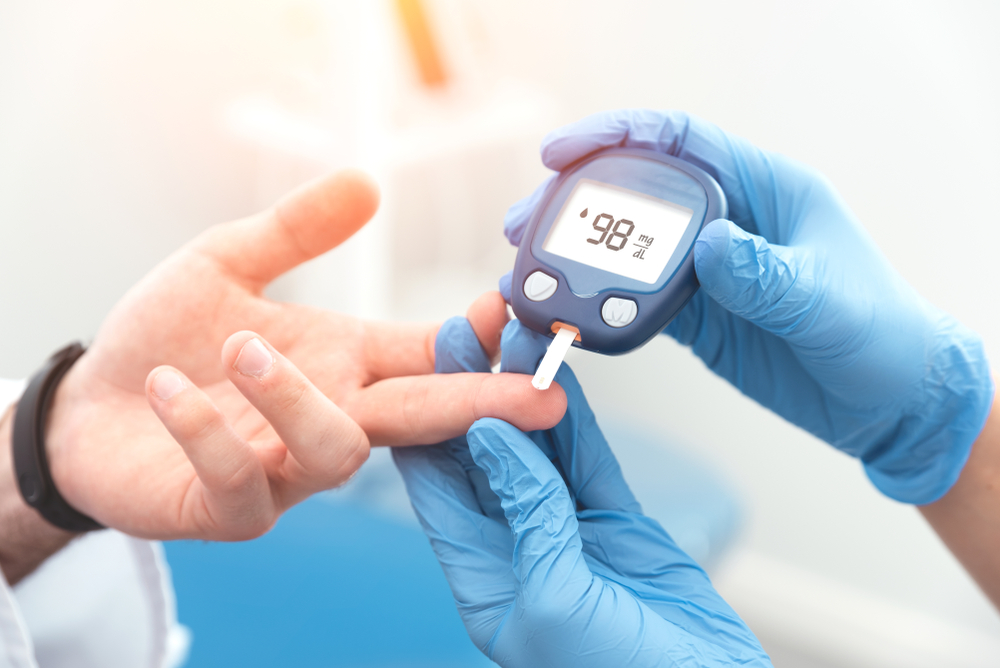FREE DIVING: 10 Video-Assisted Lessons.
Starting next December 12, 2020 every week on the educareyou portal and social networks.
The word apnea derives from the Greek, a-pnoia, breathless, and, if we stopped to think not only that life originated in water, but that we all spend nine months immersed in amniotic fluid before birth, we would come to the obvious conclusion that such a sport is potentially suitable for everyone because it is written into our DNA, in our genetic makeup.
If we observe a newborn baby, it is amazing to see how, immersed in water, he can easily simulate a breaststroke swim, holding his breath even up to 40 seconds!
Of this memory, man retains within himself the immersion reflex, to activate which it is enough even to bathe his face with a little water, and it is precisely because of the existence of this reflex that it is easier to hold one’s breath immersed in a liquid, rather than “dry.”
Contact with water immediately induces a lowering of heartbeats-which even go as low as 7 or 8 per minute, when extreme depths are involved-and a vasoconstriction of the peripheral areas: this physiological reaction favors a blood supply only to the vital organs at the expense of the peripheral areas, resulting in a lower expenditure of energy and a prolonged capacity for apnea.
Water also promotes both physical and mental relaxation.
Man has been freediving since time immemorial, just think of the Japanese Ama, or the Korean women of the sea or the Greek sponge fishermen of Simi Island. It is to one of the latter, Haggi Statti, that the origin of deep-sea freediving can be ideally traced with his epic feat, dating back to the beginning of the last century, of having disentangled a Navy anchor, stationary on a -75-meter seabed.






Apnea is a discipline of which each succeeding champion can be called a pioneer, for by shifting the limits and advancing the exploration of the deep, it has enabled the addition of knowledge to an ancient practice, about which, however, despite recent advances in medical studies, there is still much to explore and discover.
The pursuit of well-being in the water and self-knowledge are the two basic springs for approaching freediving. Cardiovascular suitability is required to start with such a sport, so those who already practice some physical activity are at an advantage, and those who do not may indeed be incentivized to start and get fit. Swimming, running, bicycling, jumping rope, are all suitable work to acquire greater endurance and health of our heart.
It is also necessary to be a nonsmoker or otherwise stop smoking. Finally, do not be subject to frequent sinusitis, worse if chronic, and/or tracheitis.
The psychological factor, then, also plays a very important role: you must obviously not be afraid of water and already have some familiarity with it, but neither should you be afraid of closed places and darkness. Having the fear of moving in an environment different from our own and especially not feeling capable of solving or dealing with unforeseen situations could be a problem, taking into account that freediving is practiced in the sea, which is an element that is constantly changing and can present different characteristics and aspects even on the same day.
Except in pathological cases, in which individuals take medication or have special treatments, apnea could be and is a way to become more aware of one’s own abilities and to look at our fears without being enslaved by them, seeking, rather, to overcome them.
by Mariafelicia Carraturo
www.feliciacarraturo.it



